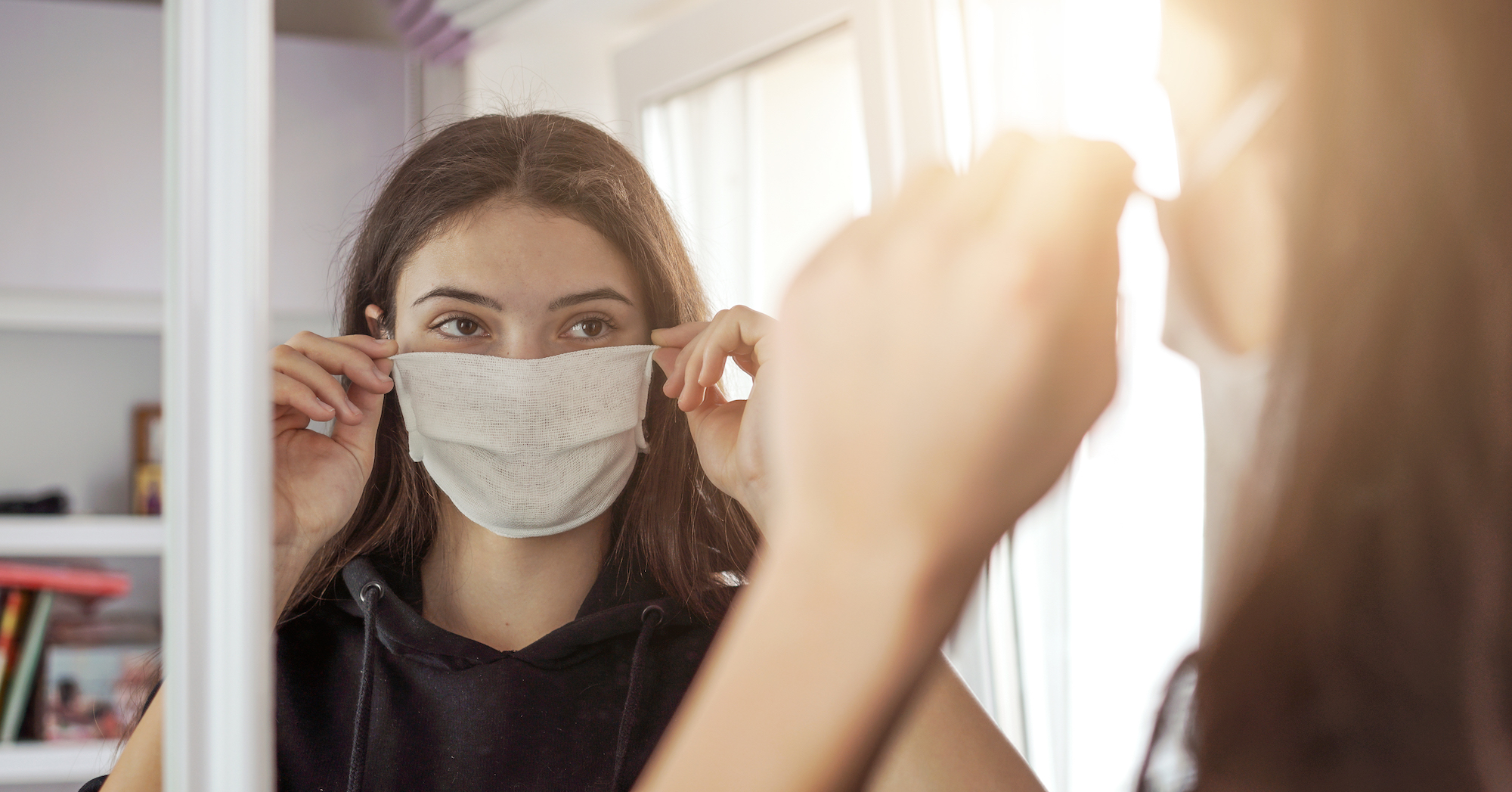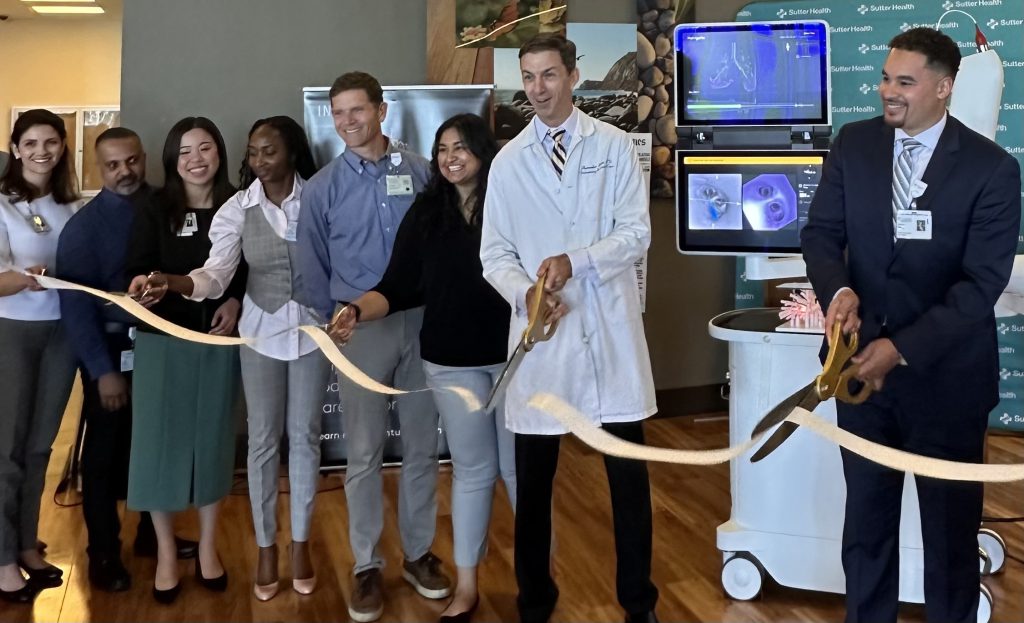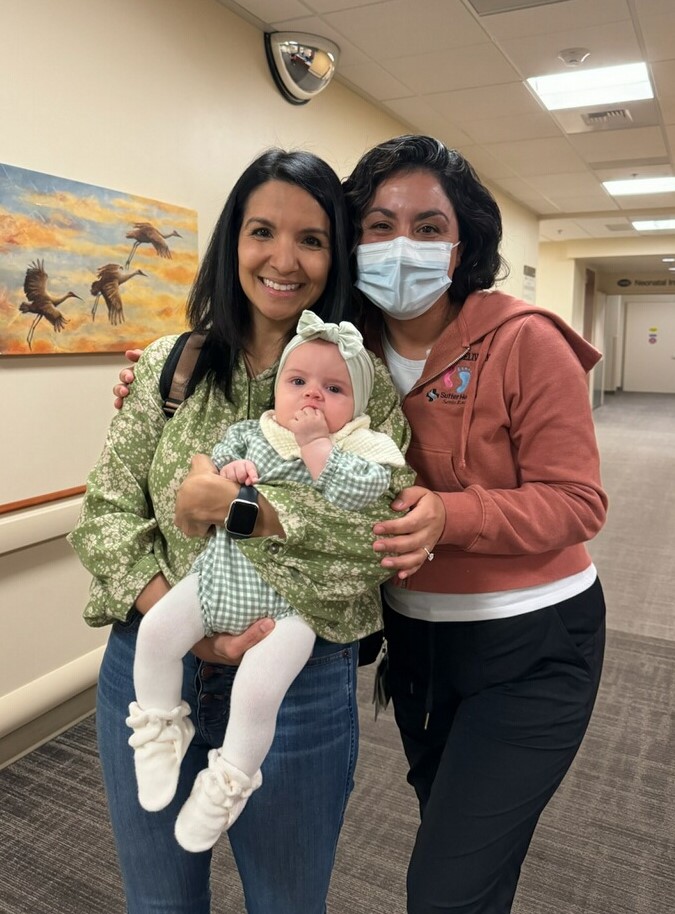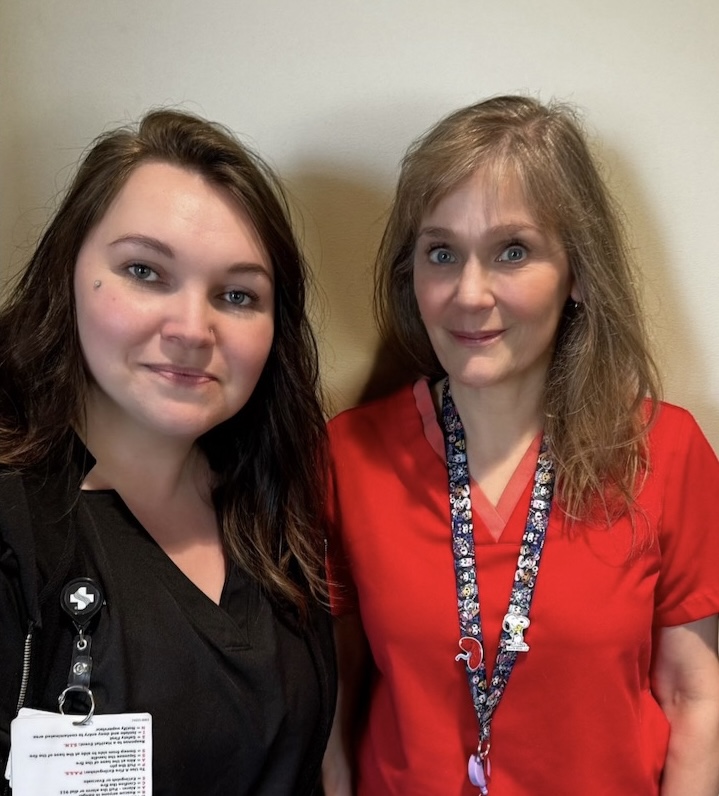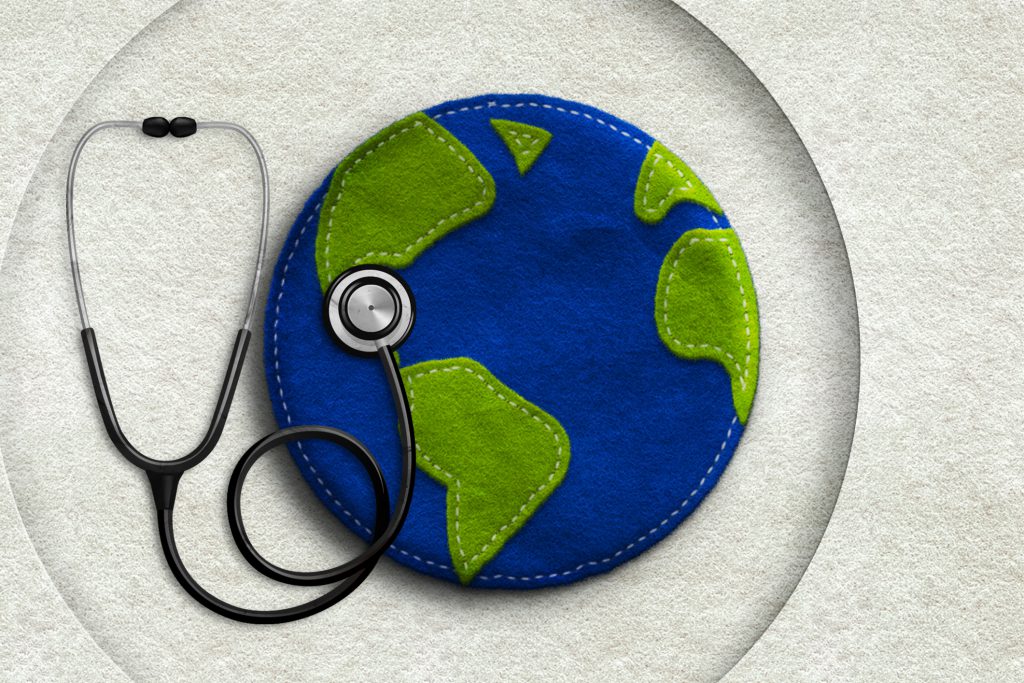A blog from John Boyd, PsyD, CEO for Mental Health & Addiction Care at Sutter Health
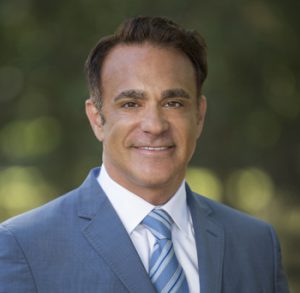
The ability to see and be seen has always been an essential part of feeling connected to other human beings. Before we adopted mask-wearing to stay safe from COVID-19, some of us may have taken that ability for granted. Without masks, we could talk more clearly. We could see smiles more fully and see sadness more deeply. Moments of true human connection, big and small, were easier to find in our daily lives.
There is no doubt that masks are a critical, life-saving necessity and we know they work best when everyone wears one. But now, almost a year into this crisis, it’s worth thinking about what might be happening underneath another person’s mask, the full range of human expressions. Behind a mask, do we lose the ability to “be seen” when we’re in need of connection? Do we have a harder time seeing others as well?
We must seize this moment to see ourselves and our neighbors—wherever we find them and however we define them—as fully human. That means understanding that we’re feeling the same fears, grief and loss on multiple fronts, even if the expression of those emotions is hidden behind a mask. Businesses have been closed, jobs lost and millions are grieving the loss of and separation from loved ones. During this time when we’re all facing increased isolation, fear and uncertainty, we need each other more than ever. We often take for granted small daily interactions, but with COVID-19 these small moments of connection, even with strangers, are more important than ever.
Of course, appreciating those moments is easier said than done. Staying connected to others as we go about our daily lives can be hard enough in normal times, so it will take some extra effort to make those connections now.
Here are some tips that have worked well for me:
- Before you leave the house, take a moment to pause and reflect. This can help you carry a mindful, empathetic perspective with you as you come into contact with others.
- Check in on loved ones by phone, rather than text, whenever possible. Just like a mask can hide someone’s facial expressions, a text message doesn’t convey the same sense of humanity as a voice.
- Don’t be afraid to speak up when you’re feeling a need for support and connection yourself. Everyone is going through something, and there is no shame in talking about it.
- When you’re out and about, take a moment to acknowledge and appreciate the richness and diversity of our shared humanity. Behind every mask is an individual, and behind every individual is a story.
These small actions can help us all be more present and mindful as we move through the world. The less we can see each other in a literal, physical sense, the more important it becomes to see each other in a human sense. By bringing this mindset to our daily interactions, big and small, we can help ourselves by helping each other.
If you or someone you know needs immediate assistance, please call the the National Suicide Prevention Lifeline at 1-800-273-TALK (8255)

